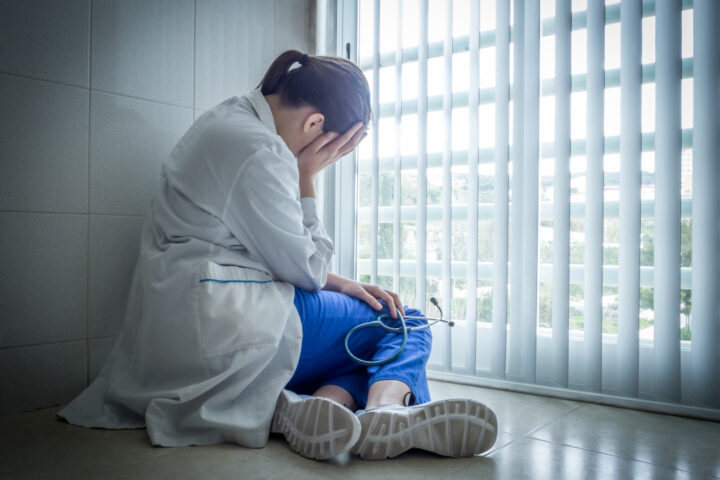In the recent years we’ve seen the rise of physician bloggers and physicians in social networks like Facebook, Tweeter, Multiply, online medical community like Recomed , Linked In or such online conferencing tools like Skype. While what constitute “sociable” data (those that can be shared or not shared on these networks) remains gray and debatable, this rising trend will continue for quite sometime at least in the first world countries I believe.
Still, some physicians (especially in developing countries) isn’t taking advantage of these social networks and online health care tools to develop their practice and improve patient care. Obviously there are distinct advantage and disadvantages for physicians getting involve on these social networks. The recent suggestion of charging patients for online consults is gaining some discussion. While such non-conventional patient-doctor interaction evokes strong debates on ethical issues, it is putting affront alternative ways of improving health care delivery and efficiency. This is a clear indication that some physicians are opening their minds to “non-conventional” patient-physician interaction to improve health care delivery and practice. Its only a matter of time before ethical issues is resolved and guidelines set forth.
What about the other physicians who don’t blog or join these social networks? What are the main reasons they don’t capitalize on these social networking sites?On these online health care tools? In third world countries like the Philippines, where technology is generally 10 years behind. Ironically, this is not limited to the more senior generation of physicians. Nowadays, I am not surprised when one colleague whispers the question “what is an e-mail” or mumble “social networking are for teenagers”. Surprising, but I’m not entirely surprised.
Here are some of what I gather as the reasons for this lackluster jump into blogging, online health care tools and social networking.
As I pointed earlier, in the Philippines, our technology is generally 10 years behind that of first world counterpart. Technology adaptation in medicine for developed countries is usually 3 years behind. Thus we know how developing countries delayed “jump” into these online tools. If ever we have this kind of technology, it is usually limited to private tertiary hospitals in big cities who can afford to provide their staff with a suitable online tools to improve hospital services. Even in such centers, health care technology is limited to improving health care delivery inside the institution rather than collaboration with the online health care community . What interest me though is this.Majority of physicians in this country own a PC, a laptop, top of the line cellphones phones and an internet connection, but only a few capitalize on online health care tools!
The next most common reason is that physicians are almost always busy attending to their practice and for that matter their patients. Some don’t bother to read mails, journals or online medical feeds much more write something to this effect. Others, believe online networking tools isn’t useful to them they’d rather spend time in their clinics and on their patients. If you noticed however, that most physicians have leisure time activities, like outings, sports, etc on a regular basis which means time can be allocated if one wants to. Which brings me to the next reason.
Social networking and online health care tools are not a priority to most physicians. There’s no clear cut benefits and advantages to them and hence the “wait and see attitude“. We physicians are always relying on personal experiences for technology adaptation. Look at what happened to cellphone and sms messaging. Philippines is the world’s texting capital. Slowly physicians adapted to this too. Now it’s common for Filipino physicians to use sms messaging to schedule patients, communicate information and what others.
Basically that will be the path of social networking to health care professionals in this country. As soon as we experience the clear advantage and use of social networking and online tools, the jump will happen. Until then, we only hope some physicians gain interest and try to advantage of these available tools. Then we will see technology adaptation just like what we saw with the sms invasion.







